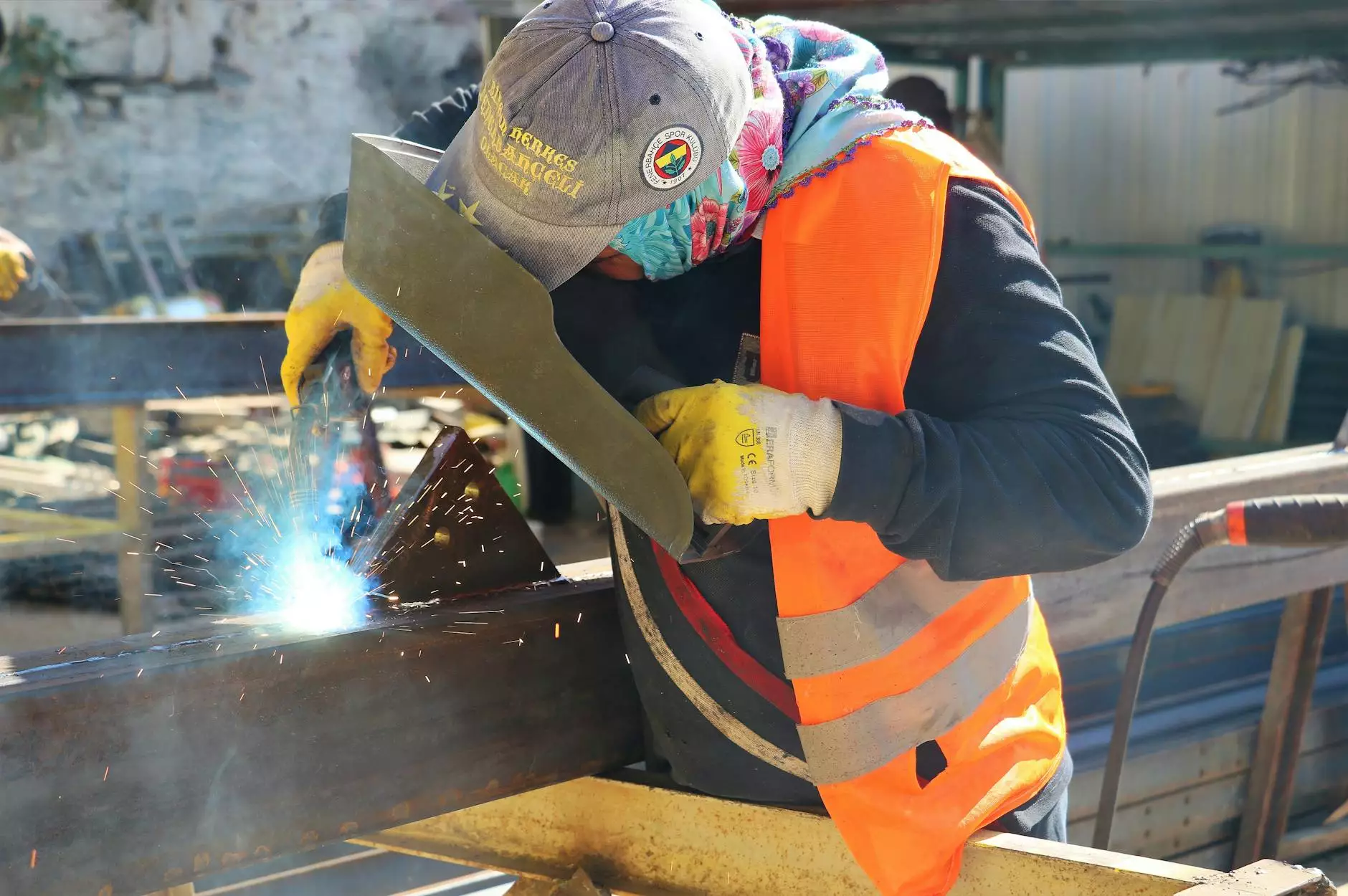Understanding the Role of a Pancreatic Cancer Treatment Center

Pancreatic cancer remains one of the most challenging malignancies to diagnose and treat. As a result, a dedicated pancreatic cancer treatment center can play a pivotal role in providing specialized care, innovative treatment options, and emotional support for patients and their families. This article aims to provide a thorough understanding of what makes these centers essential in the fight against pancreatic cancer.
What is Pancreatic Cancer?
Pancreatic cancer occurs when cells in the pancreas begin to grow uncontrollably. The pancreas is an organ crucial for digestion and regulating blood sugar levels. Although pancreatic cancer can affect anyone, certain risk factors increase the likelihood of developing this disease, including:
- Aging: The majority of cases occur in individuals over the age of 65.
- Smoking: Tobacco use significantly raises the risk.
- Family History: Genetics can play a role in susceptibility.
- Chronic Pancreatitis: Long-term inflammation of the pancreas is linked to the disease.
- Obesity: Excess body weight is associated with an increased risk of several types of cancer, including pancreatic.
Importance of Specialized Centers
When it comes to treating pancreatic cancer, the complexity of the condition necessitates a multidisciplinary approach. A dedicated pancreatic cancer treatment center typically has the following advantages:
1. Multidisciplinary Teams
Patients benefit from healthcare teams comprising oncologists, surgeons, dietitians, pain management specialists, and mental health professionals. Each discipline contributes to a comprehensive care plan tailored to the patient's needs.
2. Access to Cutting-Edge Treatments
These specialized centers often participate in clinical trials that provide access to the latest therapies, including:
- Targeted Therapy: Drugs designed to specifically attack cancer cell mutations.
- Immunotherapy: Treatments that help the immune system recognize and fight cancer.
- Advanced Surgical Techniques: Minimally invasive surgeries that may reduce recovery time and improve outcomes.
3. Comprehensive Support Services
Pancreatic cancer treatment centers offer a variety of support services to help patients and their families cope with the emotional and psychological toll of the illness. This support can include:
- Counseling: One-on-one sessions with mental health professionals.
- Support Groups: Meeting with other patients and families to share experiences and coping strategies.
- Nutritional Guidance: Assistance from dietitians to manage dietary needs and maintain health.
Common Treatment Options
The treatment landscape for pancreatic cancer is constantly evolving, with options varying based on the cancer’s stage, the patient's health, and other factors. Common treatment pathways include:
Surgery
Also known as resection, this is the primary treatment option for localized pancreatic cancers. Procedures include:
- Whipple Procedure: Removal of the head of the pancreas, part of the small intestine, and bile duct.
- Spleenectomy: Removal of the spleen if necessary.
- Total Pancreatectomy: Complete removal of the pancreas and surrounding tissues.
Radiation Therapy
X-ray beams are used to target and kill cancer cells. Radiation may be recommended before or after surgery, or as a palliative treatment.
Chemotherapy
This treatment involves the use of drugs to kill cancer cells, which can be effective in advanced stages of pancreatic cancer. Combination therapies are often employed to enhance effectiveness.
Clinical Trials
Enrollment in clinical trials can provide access to innovative therapies not yet widely available. Patients at specialized pancreatic cancer treatment centers often have more opportunities to participate in these trials, offering hope for better outcomes.
How to Choose the Right Treatment Center
Choosing the right pancreatic cancer treatment center is critical to ensuring optimal care. Here are key factors to consider:
- Accreditation: Ensure the center is certified and recognized by health organizations.
- Expertise: Look for centers with dedicated specialists who focus specifically on pancreatic cancer.
- Patient Outcomes: Research the center’s success rates and patient testimonials.
- Comprehensive Care: Prioritize centers that offer a full range of treatment and support services.
Emotional Well-Being and Support Systems
Beyond physical treatment, pancreatic cancer treatment centers also recognize the importance of addressing the emotional and mental health needs of patients. The diagnosis of cancer can evoke a spectrum of feelings, including fear, anxiety, and depression. Effective coping mechanisms and support networks are vital:
- Psycho-Oncology Services: Counseling services that specialize in emotional support for cancer patients.
- Mindfulness and Relaxation Techniques: Programs that teach skills to manage stress, which are crucial during active treatment.
- Art and Music Therapy: Creative therapies that can provide emotional release and boost overall wellness.
Innovations and Future Directions in Pancreatic Cancer Treatment
The field of oncology is rapidly evolving, particularly in the realm of pancreatic cancer. Promising research areas include:
- Genetic Profiling: Analyzing the genetic makeup of tumors to identify specific targets for treatment.
- Liquid Biopsy: A non-invasive test that can monitor cancer progression through blood samples.
- Combination Therapies: Utilizing multiple treatment modalities simultaneously for synergistic effects.
Conclusion
Choosing a pancreatic cancer treatment center offers patients access to specialized care, cutting-edge treatments, and extensive support systems. By assembling a robust healthcare team that prioritizes each individual’s holistic treatment, these centers are at the forefront of improving pancreatic cancer outcomes. As research progresses and treatment modalities expand, patients have reason to hope for better management and recovery from this challenging diagnosis. Empowerment through knowledge and access to specialized care is key for those navigating their cancer journey.
For more information on specialized care and treatment options available at recognized centers, visit oncologicalsurgery.net.









